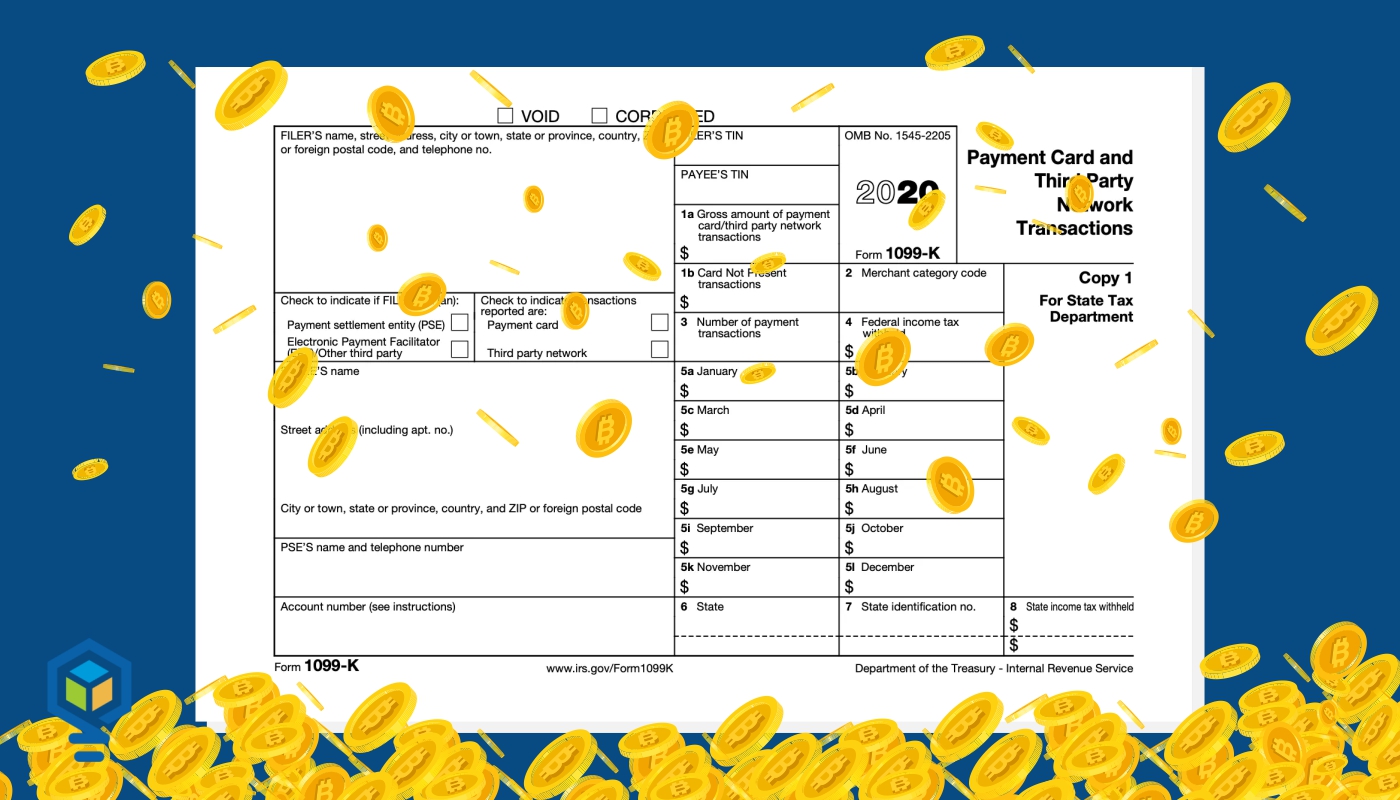As cryptocurrency grows in popularity, so do the complications of tax reporting. At present, there is no consistent 1099 reporting for crypto transactions.
This is primarily because no 1099 form currently exists to adequately report cryptocurrency. The IRS has yet to issue third party reporting requirements to exchanges, so companies must determine on their own what information to report to the IRS and how they will report it.
Some exchanges will attempt to report transactions on a traditional 1099-B, but the easily accessible transferability of crypto makes it nearly impossible for an exchange to correctly report basis information.
Incorrect reporting can result in the IRS sending an unnecessary CP2000 notice, which can be both expensive and time-consuming for the taxpayer to resolve.
Other exchanges issue a 1099-Misc for certain transactions, but again this doesn’t reflect the full picture. Some exchanges choose to issue a 1099-K to customers, showing only the gross proceeds of crypto transactions and also doesn’t show the full picture.
Here’s what to do to avoid getting a dreaded notice from the IRS.







